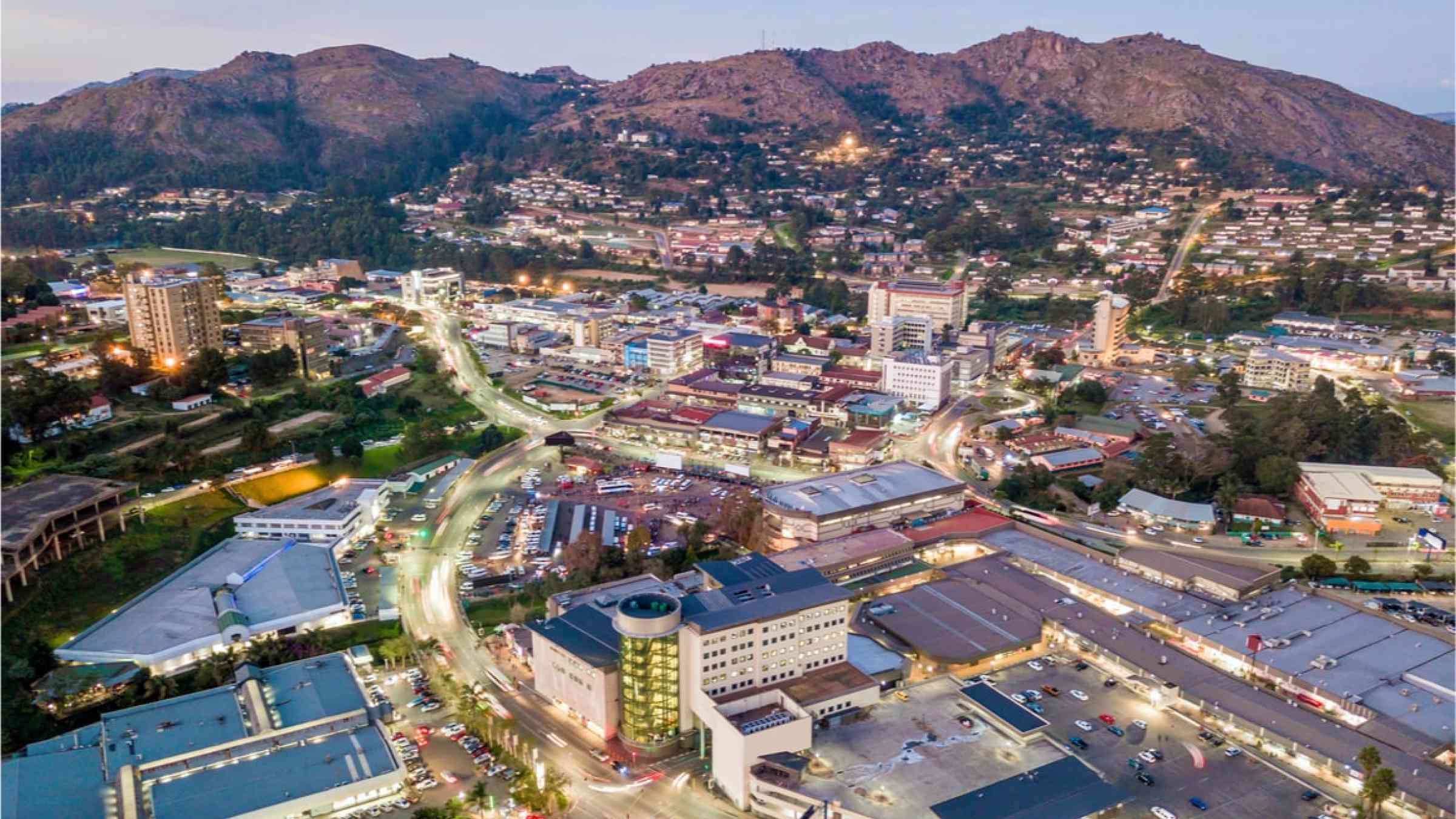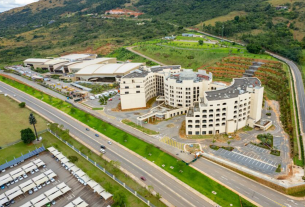BY MBONO MDLULI
MBABANE – Eswatini has been listed as the ninth richest country by Gross National Income (GNI) per capita in the African continent.
Eswatini is in the top 10 of African countries rich by GNI. This is according to World Population Review, which has further quoted the World Bank to come up with this information. The World Population Review was looking at the rich countries in 2024, using widely accept economic metrics, such as the GNI, Gross Domestic Product (GDP), and the Gross National Product (GNP).
Eswatini is just above Tunisia, with a GNI per capita of USD3 978 (which is about E71 604). Tunisia has a GNI per capita of USD3 807 (which is about E68 526). The first country in this list is Seychelles, with US14 653 (about E263 754).
It is followed by Mauritius at USD9 106, followed by Gabon at the third spot, with USD8 635 (about E155 430). Equatorial Guinea occupies the fourth spot with USD7 507 (about E135 126).
South Africa follows Equatorial Guinea with USD7 055 (about E126 990) and Botswana comes after South Africa, with USD6 805 (about E122 490). Libya takes the 7th spot with the GNI per capita of USD6 357 (about E114 426). The North-African country is followed by Namibia with a GNI per capita of USD4 866 (about E87 588).
Gross National Income (GNI) is an economic metric that measures the overall income brought into a country by its citizens from anywhere in the world (including foreign investments). GNI is nearly identical to Gross National Product (GNP), which measures the earnings of a country’s citizens but also includes overseas earnings that weren’t transferred home. Both GNI and GNP are also often evaluated in conjunction with Gross Domestic Product (GDP), and all three are valuable tools in measuring and monitoring the health of a nation’s economy.
GNI may be expressed as a single per-country total or as a per person (per capita) value, which divides the country’s collective total GNI by the number of people living in that country. Per capita values are helpful because they adjust for the impact of population upon a country’s GNI, which gives insight into the efficiency of that economy.




